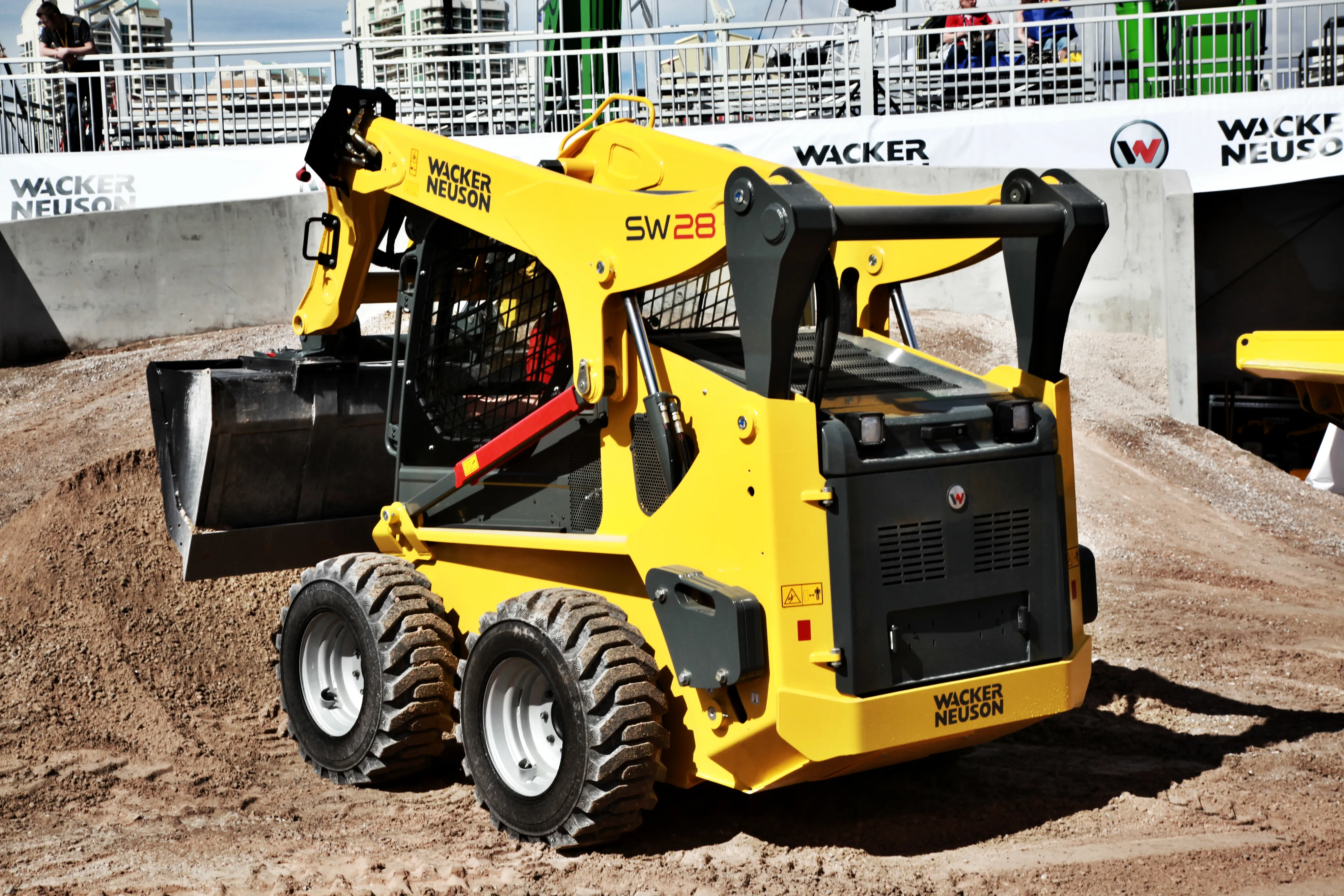The manufacturer Volvo Construction Equipment has major growth plans for its presence in Asia and China in particular.
February 29, 2012
Read time: 2 mins
The manufacturer 2394 Volvo Construction Equipment has major growth plans for its presence in Asia and China in particular. The firm has revealed a package of initiatives destined to expand its operations and increase its customer base in Asia. The Asian market, and China in particular, is of immense importance to Volvo Construction Equipment and the firm saw revenues in the region double during 2010. This made Asia Volvo Construction Equipment's most important sales area.
This information was revealed during a speech by the firm's new CEO Pat Olney. He said that as the present policies followed by the firm in Asia have proven successful, there will be no departure from the existing growth strategy for the continent. Olney said, "Volvo is well positioned, both in China and the rest of Asia, to capitalise on the huge market opportunity and growth potential. Our dual brand approach (Volvo and SDLG) offers a unique advantage to meet the needs of a much wider customer base. We will support this approach with products dedicated to this market, using local Chinese knowledge and leveraging an expanded Asian manufacturing and distribution footprint." The company has continued to invest in Asia in recent years.
The company recently announced the introduction of its new Volvo F-Series articulated haulers, G-Series wheel loaders and a China localised EC200B crawler excavator. These come on top of a four model range of China-specific excavators - made and marketed by Volvo's joint venture partner in China, Lingong, under the SDLG brand. In terms of design and manufacturing, investments in China include the establishment of a US$30 million Volvo Technology Centre in Jinan and an $88 million expansion and investment of the company's Linyi facilities. This comes on top of the $30 million investments made in the Volvo excavator facility in Shanghai since 2003. These initiatives are joined by an ambitious programme to expand the company's distribution network in China. "Volvo is committed to supporting the capacity, distribution and product offering in China and throughout Asia," said Olney. "We will achieve this by a comprehensive programme of investments in our Asian industrial operations, a strengthening of our dealer network and an expansion of Volvo and SDLG branded products that are more closely tailored to the specific needs of customers in this region."
This information was revealed during a speech by the firm's new CEO Pat Olney. He said that as the present policies followed by the firm in Asia have proven successful, there will be no departure from the existing growth strategy for the continent. Olney said, "Volvo is well positioned, both in China and the rest of Asia, to capitalise on the huge market opportunity and growth potential. Our dual brand approach (Volvo and SDLG) offers a unique advantage to meet the needs of a much wider customer base. We will support this approach with products dedicated to this market, using local Chinese knowledge and leveraging an expanded Asian manufacturing and distribution footprint." The company has continued to invest in Asia in recent years.
The company recently announced the introduction of its new Volvo F-Series articulated haulers, G-Series wheel loaders and a China localised EC200B crawler excavator. These come on top of a four model range of China-specific excavators - made and marketed by Volvo's joint venture partner in China, Lingong, under the SDLG brand. In terms of design and manufacturing, investments in China include the establishment of a US$30 million Volvo Technology Centre in Jinan and an $88 million expansion and investment of the company's Linyi facilities. This comes on top of the $30 million investments made in the Volvo excavator facility in Shanghai since 2003. These initiatives are joined by an ambitious programme to expand the company's distribution network in China. "Volvo is committed to supporting the capacity, distribution and product offering in China and throughout Asia," said Olney. "We will achieve this by a comprehensive programme of investments in our Asian industrial operations, a strengthening of our dealer network and an expansion of Volvo and SDLG branded products that are more closely tailored to the specific needs of customers in this region."







